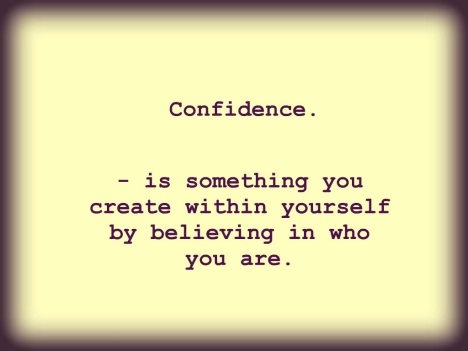During a phase in my professional life, I grappled with immense frustration. Despite performing exceptionally in my role, actively volunteering, and continuously enhancing my skill set, there was a disparity between my current reality and my envisioned future. In business, career trajectories are not as predefined as they might be for doctors, lawyers, engineers, or professors. I saw peers, seemingly with fewer skills, leapfrog in salary – they had seemingly tapped into some “secret sauce” that eluded me.

While there’s a certain allure to having a predictable career path, where you know exactly what’s coming next, the business realm felt more ambiguous. I couldn’t precisely chart out what lay ahead for me. Yet, I was crystal clear about one thing: I wanted to launch businesses and guide others in doing the same. My angst stemmed from an uncertainty about the steps I needed to take to achieve that vision.
That’s when I stumbled upon the concept of career mapping. It offers a structured approach to visualizing and planning one’s professional journey, aligning it closely with long-term objectives and aspirations. Let me share some compelling reasons why career mapping can be transformative:
Clarity and Direction
Career mapping provides a clear visualization of where you are, where you want to be, and the steps needed to get there. This clarity can serve as a constant guide and can help steer your actions and decisions towards achieving your career goals.
Motivation
By setting milestones and objectives, you’ll have tangible goals to strive for. Every time you achieve one, it can boost your motivation and confidence to tackle the next. This starts by setting a timeline and holding yourself accountable each and every day! Check out Monday.com’s task management platform to help you get organized.
Skill Development
Mapping out your career can help you identify the skills and qualifications you need at different stages. This can guide your learning and professional development, ensuring you’re always prepared for the next step. As you consider expanding you career consider skills like team building, talent acquisition, and sales.
Strategic Networking
Knowing where you want to go in your career can help you identify individuals or groups you should network with. Consider joining leadership development programs or professional organizations in your niche. Building these relationships can open up opportunities and pathways that might have otherwise remained hidden.
Personal Growth
As you reflect on your career path and potential obstacles, you can also identify personal areas of growth. You can better identify what you need to improve as far as technical capabilities as well as the essential leadership skill that will help you leapfrog your career too. This introspection can lead to not just professional but also personal development.
Flexibility and Adaptability
While a career map provides a plan, it’s also flexible. As industries change, new opportunities arise, or personal circumstances evolve, you can adjust your map. This keeps you adaptable and resilient in the face of change.
Decision Making
Having a clear plan can help you make informed decisions. Whether it’s considering a job change, relocation, or further education, understanding how each step aligns with your broader career goals can inform your choices.
Avoiding Stagnation
Without a clear path, it’s easy to become complacent in one’s career. Career mapping ensures you’re always looking ahead, keeping you proactive rather than reactive. Stagnation is a possibility for even the most Type A personalities. No one is immune, the only difference is how long you stay in that zone. Continually reviewing your career map is essential during these periods so as to not get lost in the emotion.
Increased Satisfaction
Research has shown that individuals who set goals and have a clear purpose in their careers tend to experience greater job satisfaction. Feeling that you’re progressing towards a meaningful goal can contribute to a deeper sense of fulfillment.
Preparedness for Opportunities
Sometimes, unexpected opportunities can arise. If you’ve mapped out potential paths and outcomes, you’ll be better prepared to seize these chances when they come along. You will be able to access opportunities with the highest potential to transform you career.
While it’s impossible to predict every twist and turn of one’s professional journey, having a plan can ensure that you’re moving in a direction that aligns with your aspirations, values, and skills. There will always be a common thread that connect your experiences. Career mapping is a proactive approach to planning and preparation. Using these concepts, I was able to develop this area of my life and I feel much clearer on the value I can provide to others. I do hope this helps you as well.









